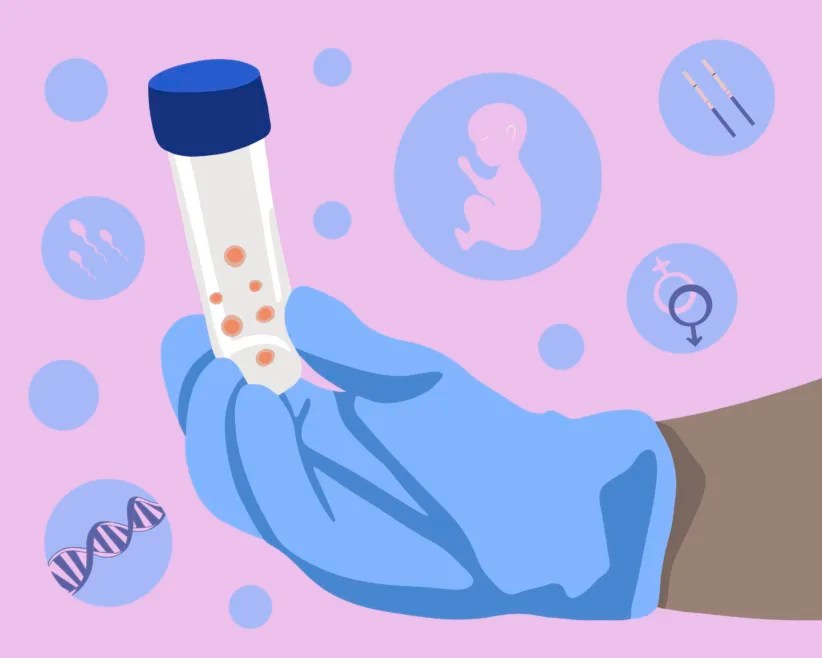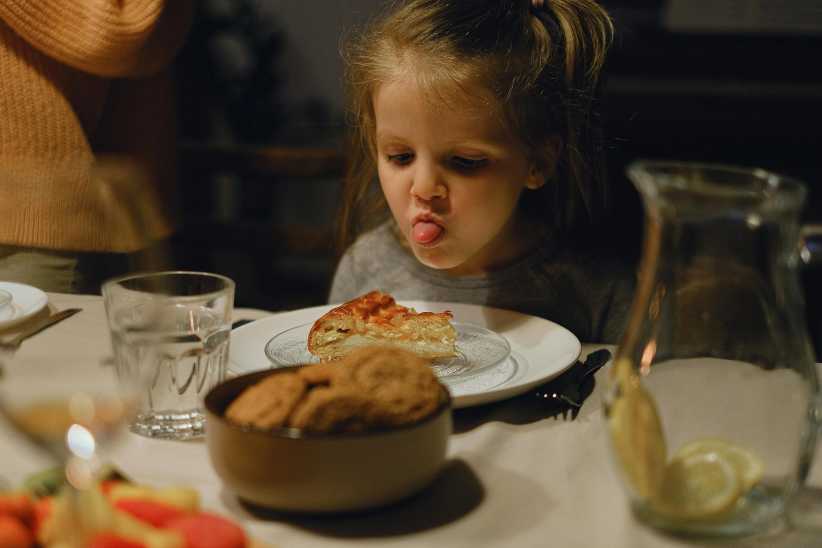
Alabama’s IVF Services and what the future of IVF in New York Looks Like
As many now know – in yet another shock to families and women’s rights since the reversal of Roe v. Wade in 2022, Alabama’s Supreme Court ruled that embryos are considered children, a move that put many IVF (in vitro fertilization) services on hold throughout the state. While state bills protecting IVF treatments were rushed into proposal following the ruling, what could this entire legal process mean for the future of fertility treatment, especially in New York? Here’s what New York women and families need to know.
What is IVF, what is the Alabama ruling and how did it come to be?
IVF is a type of reproductive treatment that many couples use when they are having trouble conceiving.
The Alabama ruling making headlines recently stems from a court case involving couples who had children via IVF at a fertility clinic within the state. Johns Hopkins Bloomberg School of Public Health gives a summary of the case.
Psst…A Family-Friendly Guide to Belize
In short, the couples’ additional embryos were being cryo-preserved but were destroyed during an incident at the clinic. The couples initiated lawsuits, with one claim brought under the state’s Wrongful Death of a Minor Act. Ultimately, the state’s Supreme Court said the embryos were, in fact, people.
The push to protect IVF in New York and across the country
IVF is currently protected in New York State. It is even covered by health insurance in many cases.
Joanne Rosen, JD, MA, an expert at reproductive law and co-director, Center for Law and the Public’s Health at Johns Hopkins Bloomberg School of Public Health, said that it is unlikely that New York would halt IVF.
In fact, following the reversal of Roe v. Wade, New York has taken several steps to protect and expand abortion access. For example, the state has enacted “shield laws” to protect healthcare providers here who perform abortions from criminal prosecutions by states that ban abortion.
“New York has also placed a constitutional amendment on the 2024 election ballot that would guarantee equal treatment with respect to reproductive healthcare and autonomy,” Rosen said. “In light of these strong protections for abortion access and reproductive autonomy, I think it is highly unlikely that New York state, either through court decision or legislation, would treat in vitro embryos as ‘persons’ for the purposes of wrongful death or criminal homicide laws.”
But even in a protected state like New York, lawmakers are concerned about the future IVF.
U.S. Senator Kirsten Gillibrand, New York’s junior senator, is taking precautionary action, calling for the passage of the Access to Family Building Act, legislation that would protect access to IVF and other fertility treatments.
Gillibrand called the Alabama court’s ruling “dangerous” with the potential to limit IVF across the country.
“This ruling could have extreme implications nationwide, including in New York,” the senator said. “It will make it harder for women to access infertility treatments, put doctors at risk of legal action and establish a dangerous precedent that may be used by conservative courts to issue similar rulings in other states.”
If put into law, the Access to Family Building Act would establish access to IVF and other fertility treatments as a federally protected right.
“Women deserve to start or grow their families without government interference, and I’m committed to making sure they can,” Gillibrand said.
Elected officials from other states agree. Democratic senators from across the country, including states such as Connecticut, Massachusetts and Florida, support the Access to Family Building Act.
Many Republicans are in agreement with Democrats on the issue, too. The Alabama bills protecting IVF clinics from prosecution and civil lawsuits advanced with bipartisan support, according to the Associated Press.
U.S. Senator Markwayne Mullin, a Republican from Oklahoma, discussed his and his wife’s fertility issues on CNN last weekend, saying about the Alabama ruling, “This is not the position of the Republican party.”
He added that he’s hopeful the state legislature in Alabama “will resolve this issue” but will also support federal action if needed.

What are New York women saying?
Upper East Side residents, Ashley Gildin Spitzer and her husband Jon, used IVF to conceive their ‘twiblings.’ After a daunting, multi-year process, Ashley finally became pregnant with her daughter while a surrogate gave birth four months later to her son. The couple’s daughter will be 3 in July, and their son will be 3 in November.
Spitzer said she was saddened when she heard about the Alabama ruling last month, describing it as “another thing to worry about” when it comes to women’s rights.
“This is science, and it’s helping so many families,” Spitzer said. “Fertility patients go through so much to get to IVF that they shouldn’t have to fear making decisions and the repercussions to start or grow their families.”
Kathy Shamoun, a New York-based acupuncturist, sees many patients at her practice who want to reduce their stress levels, including women who are undergoing IVF. She said she was “chilled” when she heard about the Alabama ruling.
“It’s chilling news for me because I am so staunchly an advocate of reproductive rights, and so staunchly an advocate for abortion as healthcare,” she said. “Removing abortion is endangering women’s lives.”
Shamoun also offered her thoughts on the economic side of limiting IVF in states such as Alabama.
“You better believe that IVF clinics in protected states where there are no restrictive abortion laws are welcoming with open arms the influx of money that people in Alabama can pay,” she said.























